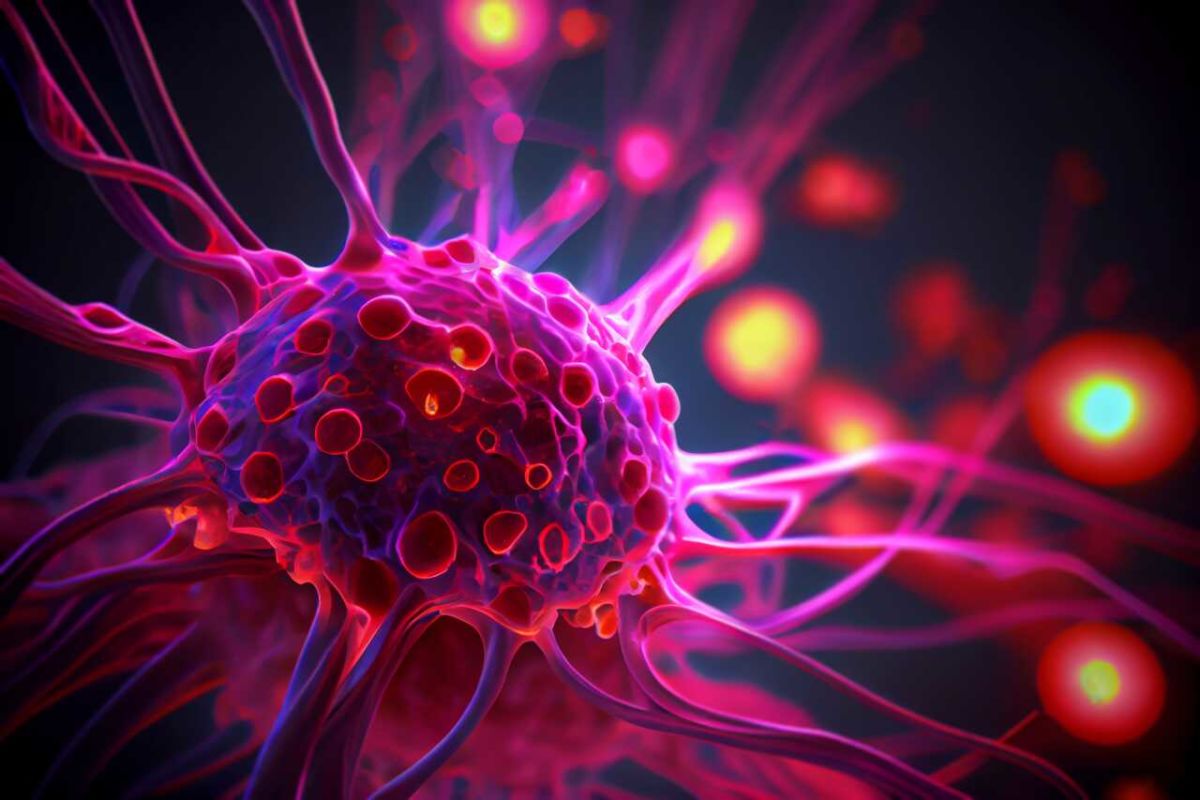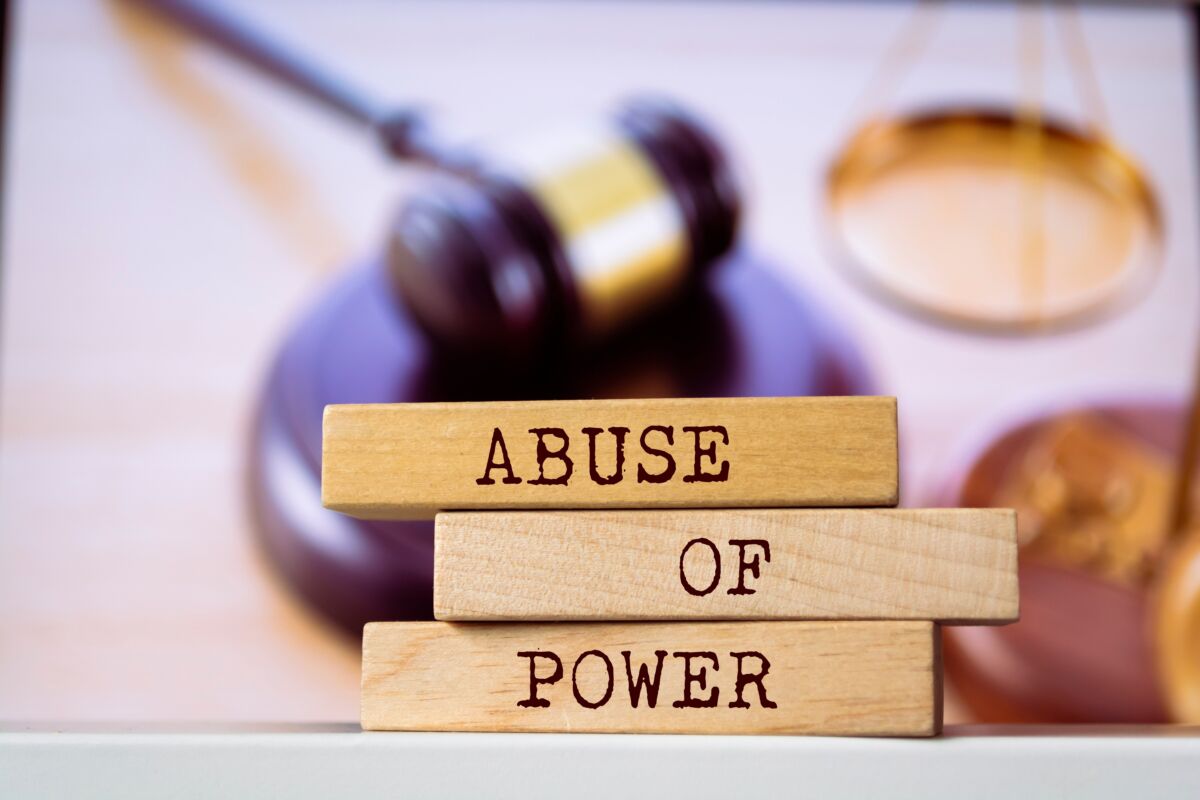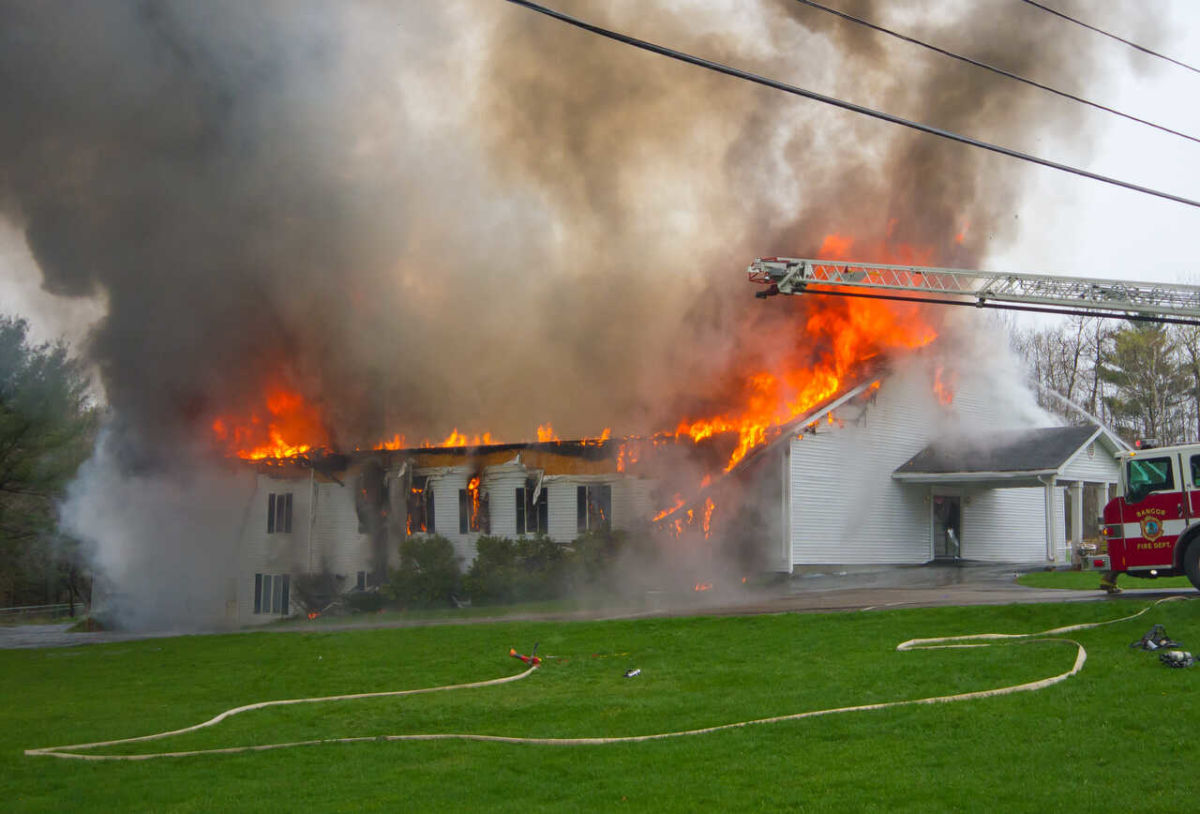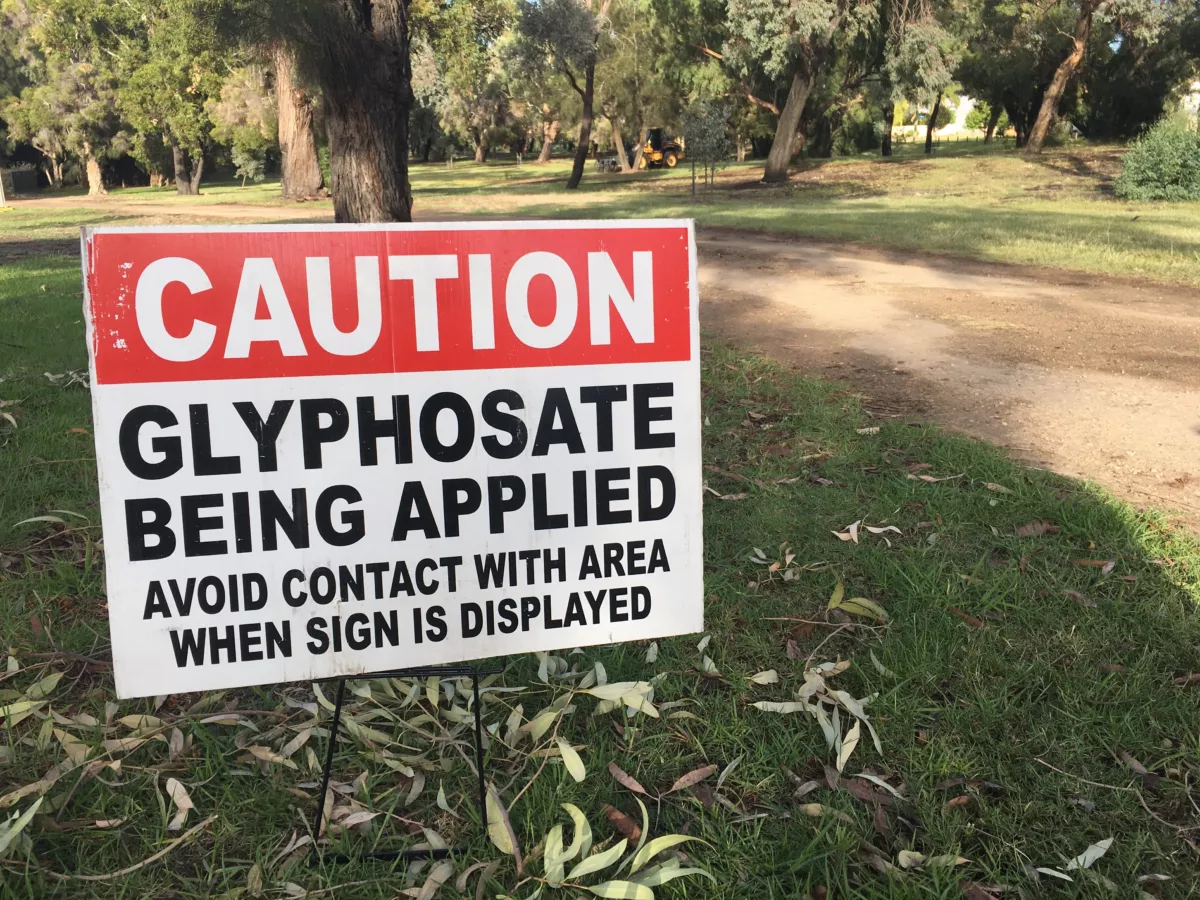The “Baffling” Rise in Cancer Cases
By Christof Plothe, DO
Multiple cancer-causing mechanisms have been associated with COVID injections. With the unprecedented rise in cancer cases worldwide, it’s time for an immediate moratorium on the vaccination campaign.
In 2022, there were an estimated 20 million new cancer cases and 9.7 million deaths from cancer. The World Health Organization (WHO) reports that about one in five people develop cancer in their lifetimes, and approximately one in nine men and one in twelve women die from the disease (WHO, 2024). The WHO has predicted a rise in cancer rates of 77% by 2050, which represents 35 million new cases. But the actual increase will exceed this by far. The Wall Street Journal reported in January 2024 that “cancer is striking more young people, and that doctors are alarmed and baffled,” (WSJ, 2024) with the reasons for this said to be “unknown.”
In 2020, SARS-CoV-2 gained worldwide attention and has since been discussed as a potential carcinogen (Chambers, 2023). But it is actually since 2021—the year of the so-called COVID-19 “vaccine” rollout—that the rates of onset and progression of cancer changed dramatically worldwide. Due to receiving emergency approval, this gene therapy did not require any carcinogenicity studies at all. Since then, however, countries all over the world have reported a steady rise in new cancer cases.
Don’t lose touch with uncensored news! Join our mailing list today.
Due to their sudden onset and rapid progression, these cases are often termed “turbo cancers,” with some appearing just days after the injection (Abdurrahman, 2024; Eens et al., 2023). Over 200 case reports have been written about this new phenomenon (React19, 2024). This year, for the first time, over two million new cancer diagnoses are expected to be made in the USA alone (ACS, 2024).
Carcinogenic COVID gene therapy
More and more studies are confirming that many elements of the COVID-19 gene therapy (“vaccine”) are carcinogenic. But, because our current scientific model takes a reductionistic approach, it is unlikely that the result of the synergistic actions of all these components will ever be investigated. As three-quarters of the world’s population has received this intervention, the scientific evidence already available demands that an investigation be conducted to rule out or confirm its causal relationship to the sudden increase in rates of cancer worldwide.
Many of the potentially problematic elements are ingredients of the mRNA technology. As this is the same technology that is now being promoted as the future of cancer therapy, this poses an essential question for its use in this field.
A recent Japanese paper demonstrated statistically significant increases in age-adjusted mortality rates from cancer as a whole, as well as some specific types of cancer, namely leukemia, as well as ovarian, prostate, lip/oral/pharyngeal, pancreatic, and breast cancers. They were observed in 2022 after two-thirds of the Japanese population had received the third or later dose of the SARS-CoV-2 mRNA-LNP (lipid nanoparticle) vaccine. [i.e., Pfizer and Moderna.] In the opinion of the authors, marked increases in mortality rates of these ERα-sensitive (estrogen receptor alpha) cancers may be attributable to several mechanisms of the mRNA-LNP vaccination, rather than to COVID-19 infection itself, or to reduced cancer care due to the lockdown. (Gibo, 2024) Moderna has even admitted that its mRNA COVID vaccine causes cancer, after billions of DNA fragments were found in vials of the injection. (Exposé, 2024)
Cancer statistics suppressed
While medical practitioners and people all over the world report an unexpected increase in incidences of cancer, in most countries, it has become a challenge to obtain any official data on cancer. In Germany, statistics are available after a five-year delay only. So, we have to rely on independent experts in the field, case studies of individuals, and the occasional provision of data after freedom of information requests, which are usually time-consuming and expensive.
Professor Mustafar, a former WHO panel advisor, drew attention to a worrying health issue that manifested concomitantly with the vaccine rollout, stating, “I have seen an alarming increase in cancer rates.” (Mustafar, 2024)
Earlier this year, data analyst Edward Dowd shed light on the UK’s annual Personal Independence Payment (PIP) clearances (payments) by body system. (Dowd, 2024) This highly-respected data expert examined different metrics for 2020, 2021, and 2022, and found that, in 2022, hematological (blood-related) claims were up a staggering 522% above trend.
It was not just blood-related disorders that were soaring, however. Among the other red flags, Dowd discovered that deaths from colorectal cancer rose 17% among 15-to-44-year-olds during that time, which was four times the population-wide increase. Uterine cancer deaths rose 37% among 25-to-44-year-olds from 2019 to 2023—15% overall.
Especially troubling is the presence and rise of colorectal cancer in young people. Harvard medical professor Kimmie Ng found that the “steepest rises” were “in the very youngest people, those in their 20s and 30s,” which another cancer expert called “alarming.” (Washington Post, 2024) This age group did not experience any risk of colorectal cancer a few years ago.
A recent US study demonstrated a rise in excess mortality from neoplasms as the underlying cause of death, which started in 2020 (1.7%) and accelerated substantially in 2021 (5.6%) and 2022 (7.9%) (Alegria, 2024). Furthermore, Professor Konstantin Beck from the University of Lucerne reported that there has been a doubling of the cancer rate in Switzerland since 2021 (Beck, 2024).
Pathways to Cancer
Whilst doctors and the public are usually told that there is no evidence that the COVID gene therapies cause cancer, the truth is that the manufacturers were never required to investigate this. This is despite testing for carcinogenicity being a standard procedure that is required prior to the approval of a medication.
Professor of Oncology, Angus Dalgleish, has repeatedly warned of immune exhaustion via boosters and the use of the oncogenic promotor sequence SV40 in the Pfizer mRNA injections (Dalgleish, 2024).
Despite the suppression of information about the contents and mechanisms of the COVID-19 gene therapies, independent researchers have identified a substantial list of “vaccine” ingredients and mechanisms that could potentially result in the development of cancer.
- Immune System Suppression: The vaccines might alter immune checkpoints crucial for preventing cancer cells from growing. This could weaken the body’s ability to detect and destroy cancer cells.
- Carcinogenic Lipid Nanoparticles: The lipid nanoparticles themselves increase inflammation and contain substances that are likely carcinogenic and highly toxic. ’
- Protein Interactions: The vaccine’s components might interact with proteins that suppress tumors, like p53 and BRCA (1 and 2), which are vital for repairing DNA and controlling cell growth.
- Cancerous Protein on the S-protein Subunit of the Vaccine: A cytokine (TNFα), in partnership with glycosylated CD147, conspires to create fertile soil for de novo and recurrent cancer.
- SARS-CoV-2 Vaccination and the Multi-Hit Hypothesis of Oncogenesis: COVID-19 vaccines may generate a specific environment that can lead to neoplastic transformation that predisposes some (stable) oncologic patients and survivors to cancer progression, recurrence, and metastasis.
- Interference with Immune Signals: The vaccines could disrupt signals (Type 1 Interferon) that help the immune system respond to infections and abnormal cell growth, potentially affecting how the body fights tumors.
- “Vaccine” Spike Binding to Estrogen Receptors: The increased mortality rates for these cancers might be caused by cell proliferation mediated by the binding of the spike protein to estrogen receptors.
- Inflammatory Response: The spike protein in the vaccine might trigger the release of specific growth factors (TGF BETA) that could accelerate the progression of cellular changes from normal to cancerous states.
- Concerns about Contamination: There are concerns about contamination of the “vaccines” with DNA sequences that might integrate into the recipient’s DNA, potentially leading to cancer. These sequences come from the manufacturing process and may pose significant risks. In the Pfizer vaccines, a tumor-promoting sequence named SV40 was found in all vials examined.
- Antibody Composition: Repeated vaccinations might increase a type of antibody (IgG4) associated with a reduced immune response to cancer cells, potentially allowing tumors to evade the immune system more effectively.
- Unusual Peptide Production: The vaccine might cause the cellular machinery to misread genetic codes, leading to abnormal protein production, which could have unforeseen effects, including potential cancer risks.
- Modification of Genetic Makeup: The nucleic acid base Uridine was replaced in both mRNA injections by Pseudouridine, which is a known carcinogen.
Call to Label mRNA Technology a Class 1 Carcinogen
Carcinogens are agents that can cause cancer through a multistep process involving the alteration of cellular and genetic mechanisms, leading to the transformation of normal cells into cancer cells. A Class 1 Carcinogen is the highest classification, used when the agent is carcinogenic to humans. As we have seen above, there is ample evidence of multiple potential pathways by which the COVID-19 intervention may cause carcinogenicity in humans.
Conclusion
Before rolling out a medical intervention, especially globally, its efficacy and safety must be assured. We have known for a long time that neither of these criteria were fulfilled in the case of the COVID-19 gene therapy (vaccine) programme. In fact, the injection makes it more likely that the recipient will catch COVID-19, does not prevent severe disease progression or death (Fürst et al., 2024), and, depending on the study, has caused between a few and 17 million deaths so far.
Cancer usually takes many months to years to develop. The fact that already, since the start of the “vaccination” programme, cancers have been associated with the injections, is more than concerning. Clinicians all over the world have been reporting new occurrences and reoccurrences of cancers related to the injections in all age groups.
So far, the pathophysiology requires that the COVID-19 “vaccine” be classified as a Class 1 Carcinogen. Continuing to give booster shots increases the risks associated with the injection even further, considering the mechanisms listed above. Extensive pharmacodynamic, pharmacokinetic, and genotoxicity evaluations, as well as population-based observational studies to assess the potential carcinogenic risk posed by the genetic vaccines and to understand all its pathogenic mechanisms, must be initiated. Until then, an immediate moratorium on the use of these “vaccines” and an honest scientific debate on the entire COVID-19 “vaccine” programme, must be initiated.
Personal note
Of course, we appreciate that “correlation is not causation.” However, in our small practice alone, cancer has become so commonplace that it is now the “daily bread” of the treatments we offer. For the first time in 30 years of clinical practice, we are seeing cases of cancer in the eyes, leukemia in newborns, multiple cancers in one breast, and entire families with cancer. Our medical boards and health agencies are, on average, three-quarters sponsored by the pharmaceutical industry. We cannot rely on them to investigate the actual causes of the explosion of cancer worldwide. We therefore ask you to please support independent researchers and the World Council for Health in our pursuit of the truth.
Christof Plothe is a Doctor of Osteopathy (DO), and a Steering Committee Member of the World Council for Health.
Originally published at worldcouncilforhealth.substack.com















